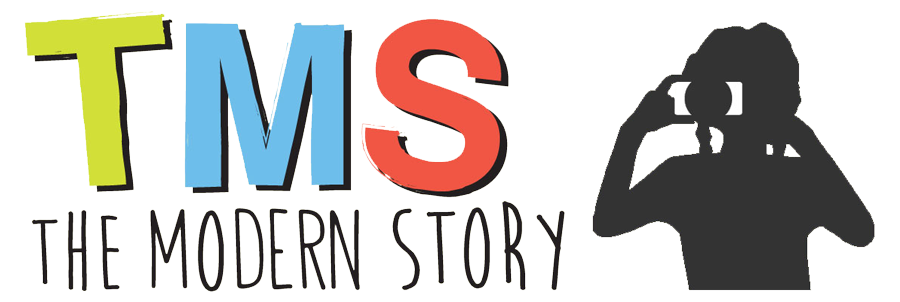

The Modern Story recently partnered up with the Byrraju Foundation to organize a weeklong digital storytelling workshop in a rural school in the West Godavari District of Andhra Pradesh. In accordance with their mission of rural transformation in AP, the Byrraju Foundation has been actively implementing projects in the areas of education, information and communication technologies (ICT), public health, women’s empowerment and civic awareness in more than 800 villages across Andhra Pradesh. One of their most efficient and inspiring programs is called Project Chetana, and aims to train local villagers in the use of video cameras and editing software, so that they can produce community media of local relevance that is then screened in the respective villages. Under the direction of Mr. TLS Bhaskar, the Project Chetana staff – which is entirely made up of trained young residents from those villages – identifies critical social, political and cultural issues in their areas, and then films, edits and presents the videos to the villagers themselves.
In order to extend the benefits of gaining these skills to the children of these villages too, TMS teamed up with Project Chetana to offer a photography and videography workshop to the 8th class students of the government high school in Elurupadu, West Godavari district. Vidya, Danny and myself were the main instructors, and we were aided by Project Chetana staff, who helped bridge the language divide, since the students were studying in a Telugu-medium school.
In total, 80 students participated in the workshop (i.e. the entire 8th class at the school), which were broken down in two groups of 40 students each. Each group was then further divided into 2 batches of 20 students, in order to foster a more intimate learning environment and to be able to give personal attention to each student in the group, which is one of the key features of the TMS teaching style.The students learned the basic functions of the still camera and the video camera, and were able to practice these skills by engaging in special projects. The most significant video project they worked on was to create and film a skit that depicted their interaction with the village leader. The skits addressed issues such as drinking water, sanitation, drainage, old age pensions, lack of educational opportunities, etc., and the children then created Bollywood-style songs and dances that tackled the same issues in a different way. Writing the lyrics for these songs and then making up the choreography were some of their favorite activities, and the results are at once hilarious, original and impressive. Using the highly recognizable Bollywood song and dance aesthetic to tackle real problems like drainage and sanitation, beyond being extremely enjoyable for the students, is an innovative way to get them thinking about critical issues in their community and to enable them to express their own opinions in regard to these important matters. The videos are now in the process of being translated into English and subtitled, so stay tuned!
For a complete description of the workshop, and some excellent (and really cute) pictures, please check out our slideshow on slideshare.com:
http://www.slideshare.net/themodernstory/digital-storytelling-workshop-with-byrajju-foundation-in-elurupadu-west-godavari-district


















